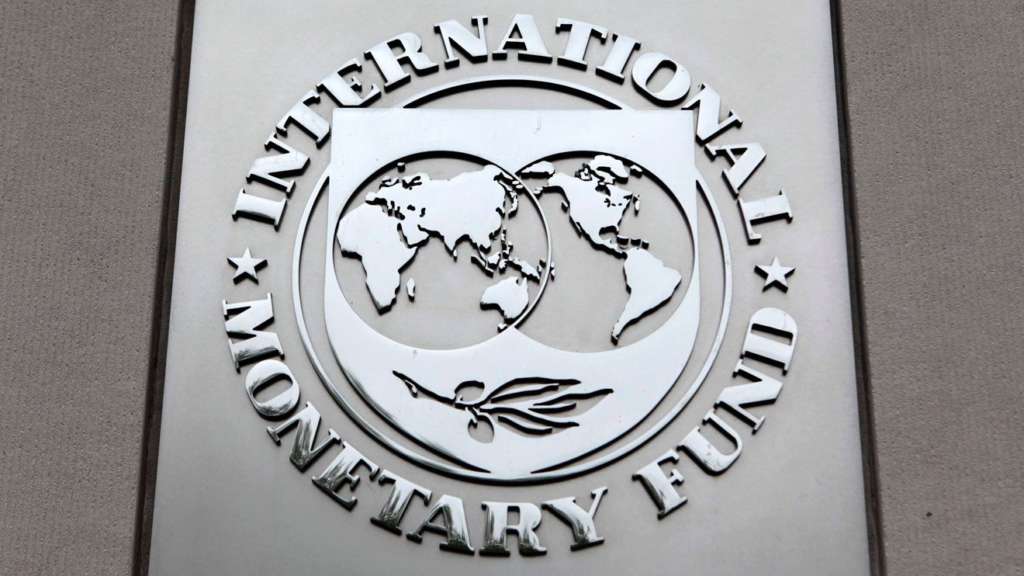Washington-International Monetary Fund official Martin Sommer said “we have to cope with low oil prices for a period of time as it requires reforms in the structure, finance, and monetary sectors in order to face the challenges coinciding with the drop in growth rates and high budget deficits in countries of the Middle East and Central Asia.”
“These regions are home to 11 of the world’s top 20 energy exporters,” said the deputy chief in the regional studies division of the IMF’s Middle East and Central Asia department.
This is what Sommer has deduced in his presentation for his study “Learning to Live with Cheaper Oil.”
The study was held by a group of economic experts in the IMF in cooperation with Johns Hopkins University and the Middle East Institute. Its outcome was announced in a seminar on Wednesday.
In an interview with Asharq Al-Awsat, Sommer explained the necessity of applying reforms in four major fields in the Gulf States, which are the financial, foreign, monetary, and structural sectors.
Sommer praised the reform steps taken by Saudi Arabia and Gulf’s financial, monetary, and policy makers; especially those related to adjusting fiscal consolidation.
He noted that the drop in oil prices is creating challenges for the region’s financial system, thus compelling policy makers to face these challenges and doing more structural reforms to boost growth prospects.
Notably, the International Monetary Fund has lowered its expectations for growth in the six GCC states and has pointed out risks of growing levels of trade deficits.
Moreover, the drop in oil prices came along with other economic and geopolitical challenges such as proliferation of conflicts in the Middle East region and the slower growth in Russia and China, in addition to the increase of interest rates by the U.S. Federal Reserve, thus posing pressure on local currencies for being related to the U.S. dollar.
Sommer also pointed out that weak local currency has aided in reducing the effects of external shocks on the economic activity, yet it has also led to rising rates of inflation, affecting the financial sector due to political uncertainty.
Finally, Sommer recommended improving financial sector supervision levels in order to maintain stability in the sector and sustainability of reforms on the medium term.
He gave these recommendations in order to go hand in hand with structural reforms, pushing growth wheel forward and increasing competitiveness to create more job opportunities.
